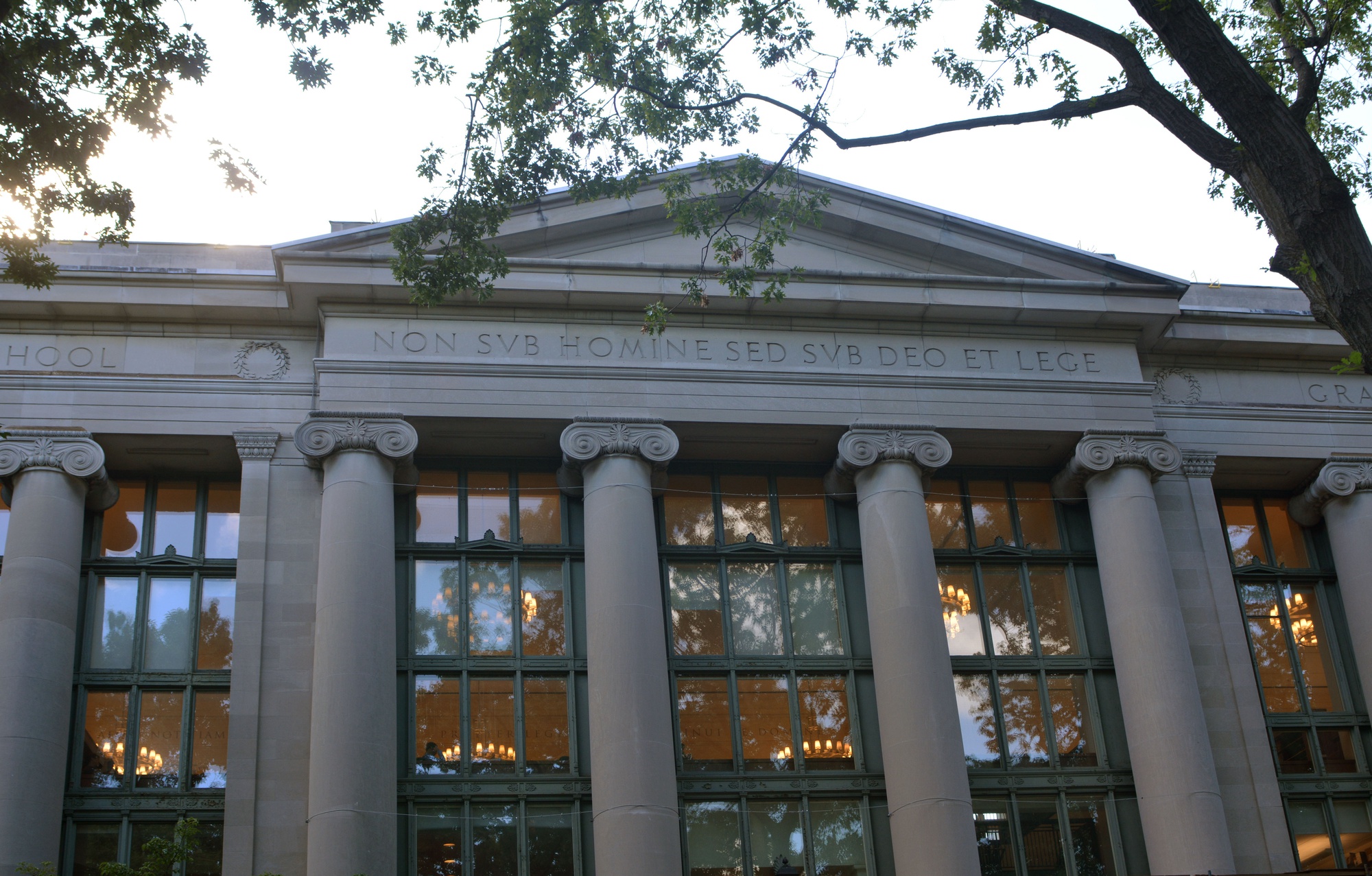
News
Summers Will Not Finish Semester of Teaching as Harvard Investigates Epstein Ties

News
Harvard College Students Report Favoring Divestment from Israel in HUA Survey

News
‘He Should Resign’: Harvard Undergrads Take Hard Line Against Summers Over Epstein Scandal

News
Harvard To Launch New Investigation Into Epstein’s Ties to Summers, Other University Affiliates

News
Harvard Students To Vote on Divestment From Israel in Inaugural HUA Election Survey
Libraries Digitize Thousands of Colonial Documents

Thousands of essays, journals, and other archival documents from the 17th and 18th centuries are now available online, after a group of Harvard libraries launched the Colonial North American Project website last week.
The launch is part of a broader push to digitize the archives in the library system. The Law School library recently announced an effort to digitize its collection of United States case law, and the Harvard-wide library system is conducting a fundraising campaign to support digitization projects among other efforts.

Material in the Colonial North American Project comes from repositories including the Houghton Library and the Harvard University Archives. In addition to addressing daily life, the documents also reflect the “origins of the United States” and “aspects of life and work in Great Britain, France, Canada, the Caribbean, and Mexico,” according to the project website.
Diana D. Loren, the director of academic partnerships and museum curator at the Peabody Museum, spoke at a panel presentation for the Colonial North American Project last week. She discussed the Harvard Yard Archaeology Project—a dig she co-administers every other year in front of Matthews Hall—and the value of studying history with both archival documents and artifacts at hand.
“It’s amazing,” Loren said. “The way we can access those documents, not only the curators but the students.”
Loren said she has made use of digitized documents in researching colonial Harvard history.
“Being able to look at some of those early documents to find out more about the state of the University, the state of the College, the state of the students—that’s an incredible boon for us,” Loren said. “And there’s stuff coming to life that we haven’t seen before.”
English professor Amanda Claybaugh said she could only find documents by word of mouth when writing her most recent book, and she wished she had had access to such a database, as it would have made her research far more efficient.
Claybaugh cautioned, however, that physical documents should still be archived even after they are digitized in case the digital file becomes corrupted.
Want to keep up with breaking news? Subscribe to our email newsletter.
